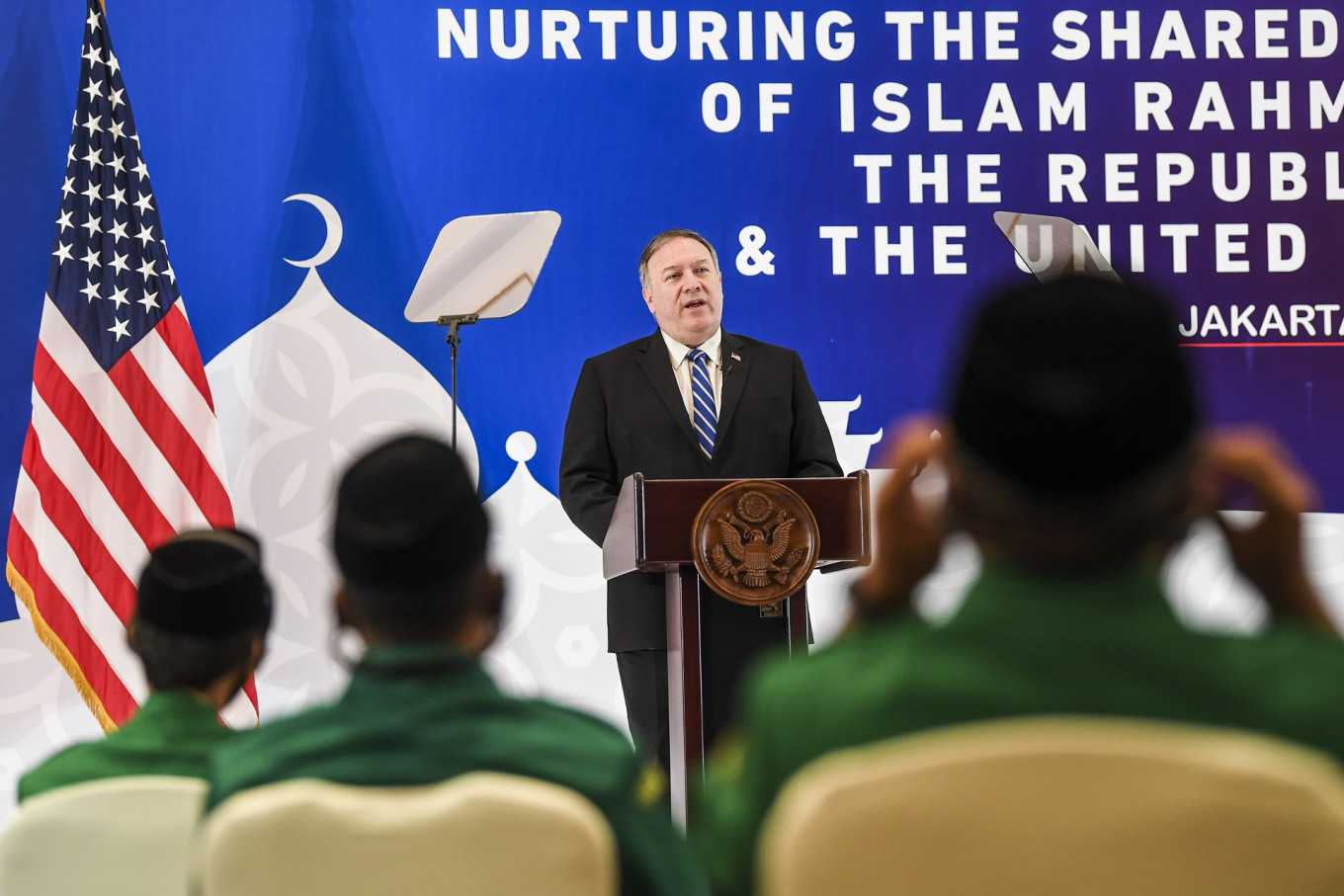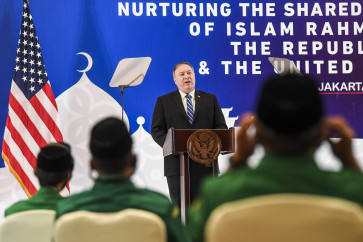Popular Reads
Top Results
Can't find what you're looking for?
View all search resultsPopular Reads
Top Results
Can't find what you're looking for?
View all search resultsThe Taliban and the need to strengthen Islamic civil society
It is there that religious moderation is fostered and that women gain a proper place in public space – one of the most valid indicators that differentiate it from a movement like the Taliban.
Change text size
Gift Premium Articles
to Anyone
I
recently took part in a Rumah KitaB discussion about the latest development in Afghanistan and its impact on women. It is not surprising that we chose this topic, considering the track record of the Taliban, who have horrified the world with their cruelty toward women and children.
These stories came into view through various research studies and the irrefutable testimonies of survivors of their violence, such as Malala Yousafzai. Although shortly after regaining control of Afghanistan the Taliban elite promised to grant suitable space to women under their governance, women remain a trading piece in the political contestation among the parties with an interest in the future of Afghanistan.
Among participants of the discussion were a group of young kiai (religious scholars), mostly from Nahdlatul Ulama (NU), who are taking part in an exercise to build the capacity of young kiai on Islam, human rights, women’s rights and environmental issues.
The program was held in collaboration with the Oslo Coalition on Freedom of Religion or Belief from the University of Oslo. That is why the event was opened by the Indonesian ambassador to Norway and Iceland, Todung Mulya Lubis, who is also a human rights activist, along with Lena Larsen, an activist on human rights and Islam and the program coordinator of the Oslo Coalition.
This afternoon’s discussion was aimed at exploring the knowledge of the young kiai about the situation in Afghanistan. They included Ahmat Hilmi Lc from Bekasi in West Java, Jamaluddin Muhammad from Babakan Ciwaringin Cirebon pesantren (Islamic boarding school) in West Java, Hairul Huda and Nursalim from Depok in West Java and Makassar in South Sulawesi, as well as Alamsyah from Nunukan, North Kalimantan. Most of them are active on social media and very productive in writing academic works, including books.
For them, the greatest threat of the Taliban’s return is not the political movement of the Taliban itself, but rather the ideology of the Taliban or what I refer to in other terms as “Talibanization”.
According to these young kiai, the temporary victory of the Taliban must be seen as a threat because this group, which believes in the ideology of Islamism to seize power, feels it has won. It is very clear that this is not a matter of “religious teachings” but rather a religious-political contestation that illustrates the long history of the politics of power in the post-colonial Islamic world.


















